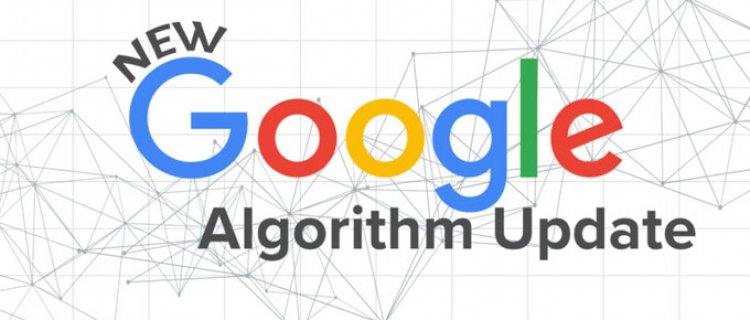Google's AI Update Shakes Up Search: Is the Internet Forever Changed?

Google's recent algorithm update, focused on incorporating generative AI to provide answer summaries, has sent shockwaves through the online world. Proponents hail it as a massive leap towards a more user-friendly search experience, while critics warn of potential downsides and a fundamental shift in how we access information online.
The core change lies in Google's use of AI to analyze search results and present users with concise summaries alongside links to traditional websites. While this can be helpful for simple queries, concerns have arisen about the accuracy of the AI-generated responses. There have been instances of misleading information being presented, with the AI apparently struggling to distinguish satire from fact.
Another point of contention is the potential impact on smaller websites. Traditionally, Google search results relied heavily on user clicks and website ranking tactics (SEO). With AI summaries taking center stage, some fear valuable content from smaller creators might get buried, disrupting the delicate balance of the online information ecosystem.
Google maintains that the update prioritizes user experience and emphasizes that website owners can control how their content is displayed in AI summaries. However, skeptics point out the challenges of policing vast amounts of scraped content and the potential homogenization of search results, with big players and established sources dominating the first page.
The long-term implications of this update remain to be seen. While AI-powered search has the potential to streamline information access, concerns linger about accuracy, bias, and the fate of diverse online content. Only time will tell if this is a revolution in information retrieval or a step towards a more controlled and potentially less democratic online landscape.






















